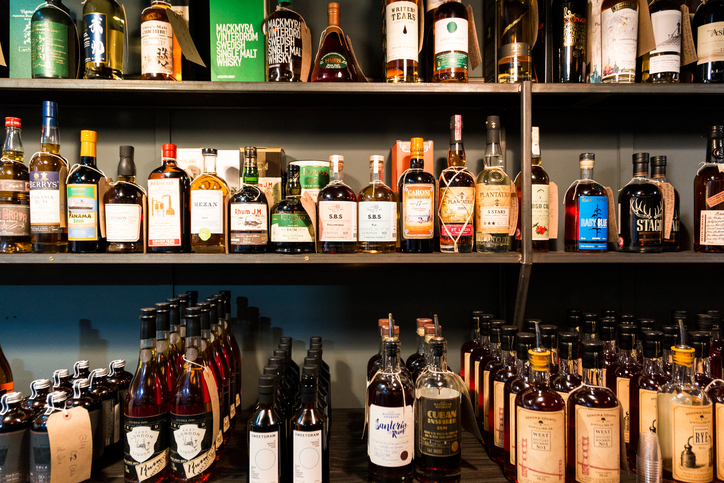Liquor might soon be for sell at your neighborhood Walmart or Sam’s Club, pending a federal court decision. It could take more than a year for the entire process to play out, but if the Fifth Circuit Court of Appeals upholds a March 20 decision by U.S. District Judge Robert Pitman in Austin, liquor in publicly owned stores in the Lone Star State could become a reality.
For the U.S. District Court for the Western District of Texas, Pitman ruled that the ban on liquor sales by publicly owned companies violates the Dormant Commerce Clause of the U.S. Constitution.
“We applaud Judge Pitman’s order striking down Texas laws that have prevented us from fully serving our customers,” said Walmart spokesperson Anne Hatfield in a statement released by Walmart after the ruling was handed down. “We are grateful for Judge Pitman’s thoughtful opinion, finding that these laws violate the U.S. Constitution.”
Texas is the only state in the nation that prohibits publicly traded companies from selling spirits. Walmart and Sam’s Club already sell liquor in 31 states and several foreign countries. Texas allows the company’s 668 stores to sell beer and wine but has locked them out of the hard liquor market. The largest liquor store chain in Texas, Spec’s, can sell liquor at its 158 storefronts because it is a privately held company.
The spirits market in Texas is seen as too profitable to pass up, which is why, three years ago, Walmart decided to challenge the law on the basis it violated the equal protection clause under the 14th Amendment of the U.S. Constitution. Walmart argued that the Texas law denied it equal protection under the law.
Walmart also challenged the Texas law by arguing it violated the Dormant Commerce Clause in Article 1 of the U.S. Constitution. That clause refers to an implicit prohibition against states that pass laws affecting commerce that discriminate or excessively burden interstate commerce.
Walmart filed the lawsuit because “these laws are unfair and hurt our customers,” Hatfield continued in her statement. Pitman agreed with Walmart, and, in a 50-page opinion, held the Texas law prohibiting publicly traded companies from selling spirits unconstitutional.
Judge Pitman also found another long-standing law in Texas unconstitutional: one that limits retail stores to five permits in the state, but crafts out an exception for family-owned businesses so each child, sibling, or parent can have five permits each. The original purpose of the law was for estate-planning, but it gives an unfair advantage to family-owned retail liquor sellers, charges Walmart.
Walmart’s opponents, including the Texas Alcoholic Beverage Commission and the Texas Package Stores Association, intend to appeal. Judge Pitman has imposed a stay on his own order during the pendency of the appeal, meaning the Texas law still stands until a further ruling.
“The Texas Legislature put a system in place to ensure safe access to alcoholic beverages in Texas, and that system has worked for over 80 years,” said TPSA Executive Director Lance Lively in a statement. “We will appeal the trial court’s decision and continue to fight for family-owned liquor store owners against the world’s largest corporate entities that seek to inflate their profits by upending sensible state laws that protect both consumers and small businesses.”
Hard liquor, defined as a distilled beverage containing about 40 percent alcohol by volume, would still not be on Walmart shelves with the chips, dips, and produce if the law is overturned by the court. Another existing law, which is not being challenged at this time, requires liquor to be sold in separate facilities, although they may be adjacent.
Walmart wins Texas liquor law challenge

Walmart, Sam's Club, and other publicly owned stores in Texas may soon be able to sell liquor: In separate but adjacent locations. Shoppers will have to leave one store to go next door for liquor purchases.